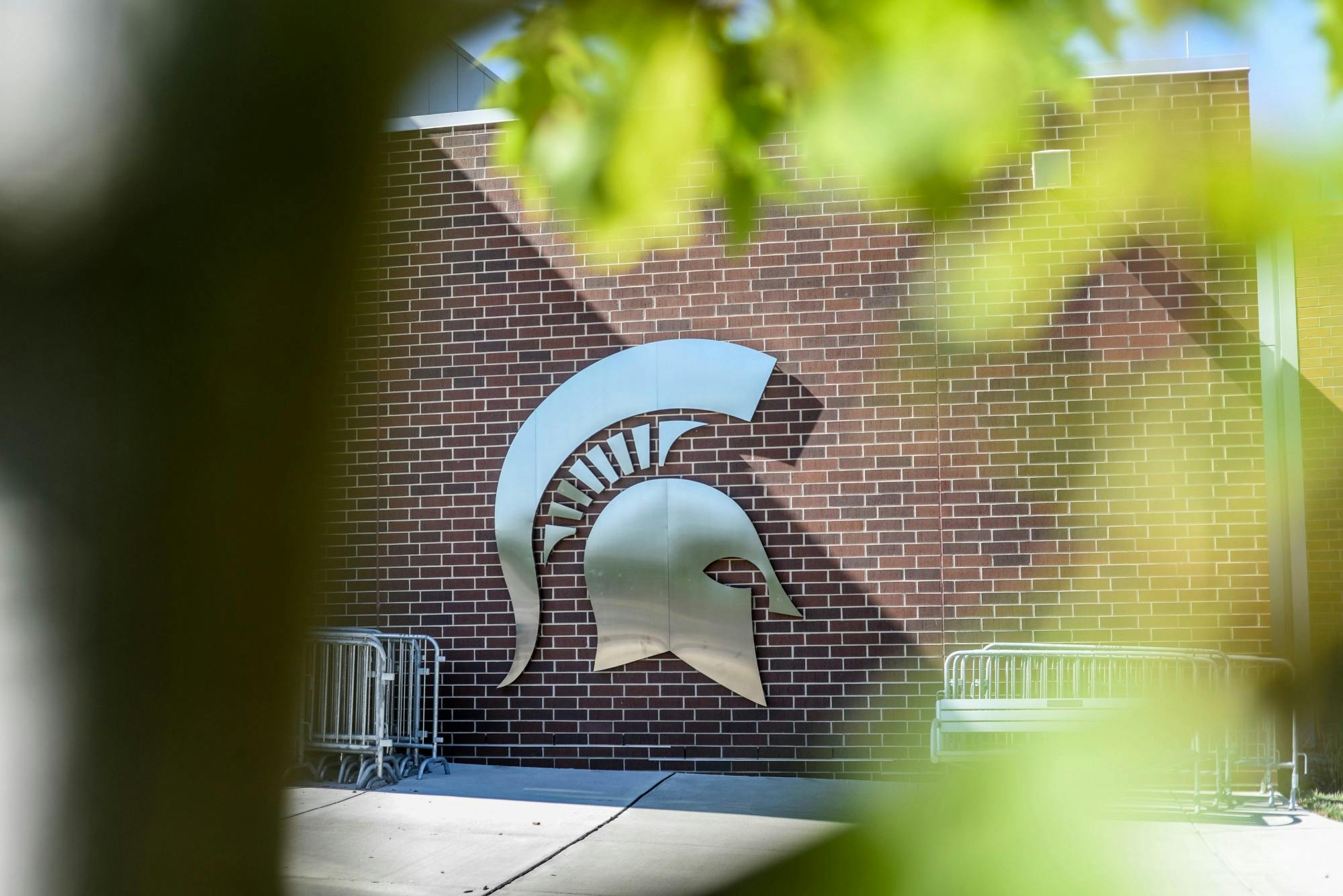Michigan State students returning to East Lansing this month will be held to a recently published Community Compact that outlines protocols that hope to reduce the spread of COVID-19.
The compact lists seven main requirements:

Michigan State students returning to East Lansing this month will be held to a recently published Community Compact that outlines protocols that hope to reduce the spread of COVID-19.
The compact lists seven main requirements:
Students, faculty, staff, alumni, contractors, vendors and visitors will be expected to follow these guidelines; however, no specific punishment for breaking the compact was listed.
So what happens if you break the compact?
MSU spokesperson Emily Guerrant said punishments for noncompliance will generally follow the previously established student conduct process.
“We are also using the MSU Misconduct Hotline as a place for complaints to be made about people who are not compliant with these expectations,” Guerrant said via e-mail. “Faculty members also have a few tools to utilize for in class situations too, similar to how they would handle a disruptive student.”
According to the compact, the Dean of Students Office "encourages informal resolution and restorative practices when appropriate to resolve conflict. Prior to formal adjudication through the Student Conduct System, the DOSO recommends a conversation regarding the concerning behavior with students when possible, to educate and inform of consequences should the offense be repeated."
However, if formal adjudication becomes necessary the process would follow what is outlined in Article 5 of the Student Rights and Responsibilities handbook.
According to this previously established system, after a complaint has been filed, the respondent will be notified and expected to meet with an administrator to discuss any complaints. Following this meeting, the complaintant and respondent would meet with the appropriate hearing body to determine a possible sanction for disciplinary action.
Although complaints can be submitted anonymously, if a hearing is conducted, an MSU community member "must be willing to serve as the complaintant," according to the compact.
The eight different sanctions for personal misconduct include:
As for what sanction will be utilized in noncompliance cases, the Community Compact states that, "While disciplinary sanctions are case-specific and based on a consideration of all circumstances in a case, the DOSO strives to apply consistent sanctions for cases involving similar acts of misconduct. In determining the appropriate sanction, the totality of the circumstances, the respondent’s conduct history (if any), as well as a review of cases involving similar acts of misconduct are considered."
Support student media! Please consider donating to The State News and help fund the future of journalism.